How big can a rocky planet get? Can a rocky planet turn into a gas giant? Why are some planets rocky and others gassy? I discuss these questions and more in today’s Ask a Spaceman!


How big can a rocky planet get? Can a rocky planet turn into a gas giant? Why are some planets rocky and others gassy? I discuss these questions and more in today’s Ask a Spaceman!
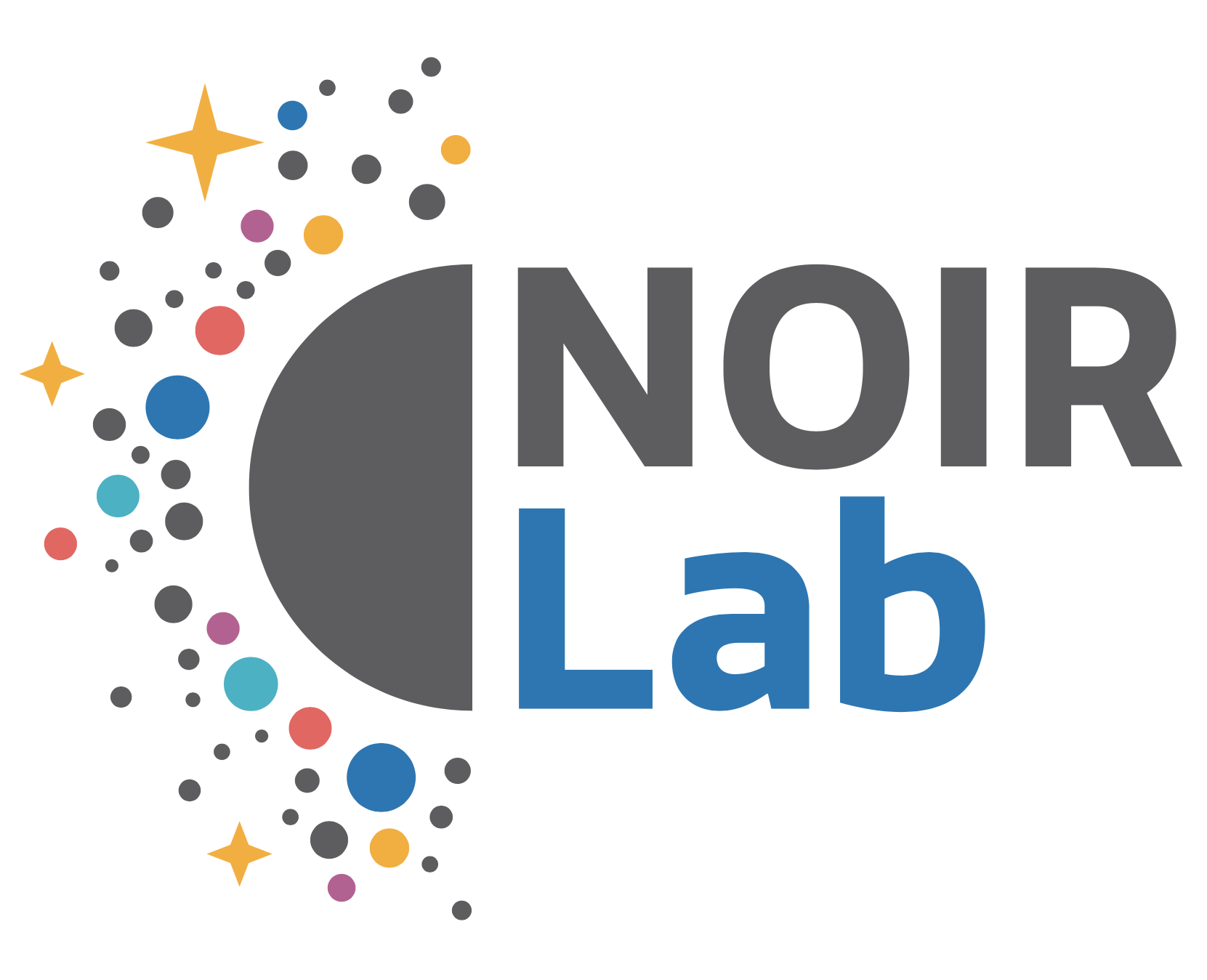
Neptune and Uranus have much in common but their appearances are notably different. Today, @halfastro discuss with Dr. Patrick Irwin about the differences in the colors of Uranus and Neptune.
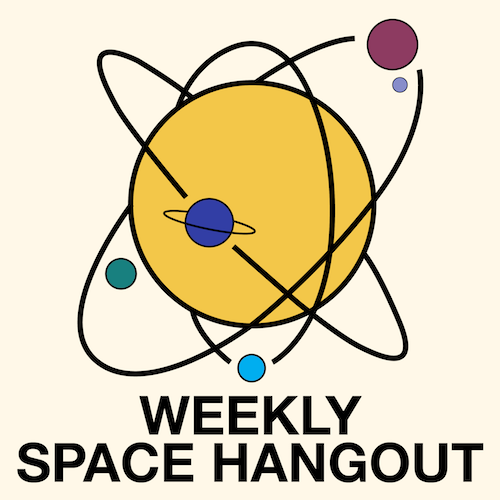
Hello Sagittarius A*, we finally see you. This week @WSHCrew dicuss about the new image with Dr. Lia Madeiros. Also the news round-up. We have Tau Hercules meteor storm, planets, conjunction, summer solstice and more.
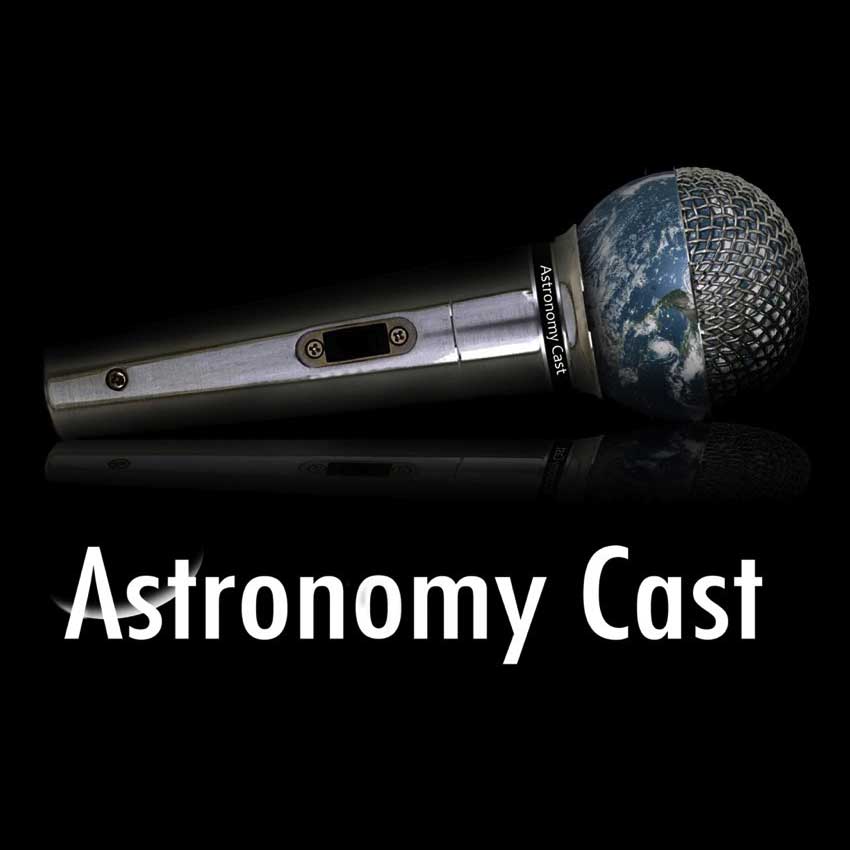
The Earth is teeming with life, but the upper atmosphere to kilometers underground. There’s no question that our planet has life. But is our planet itself alive?
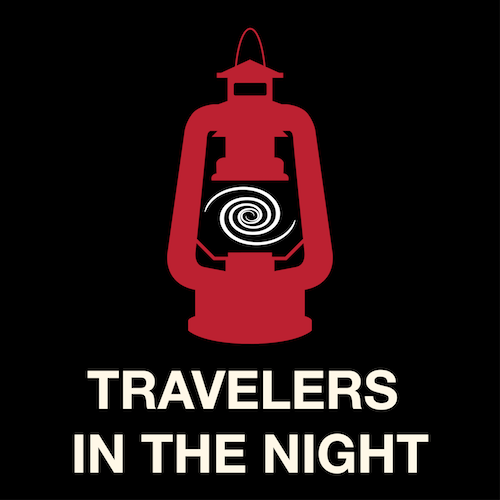
Today we have story about how Newton ideas of physical world and mathematics continue to touch our lives. Also about Comet C/2013 US10.
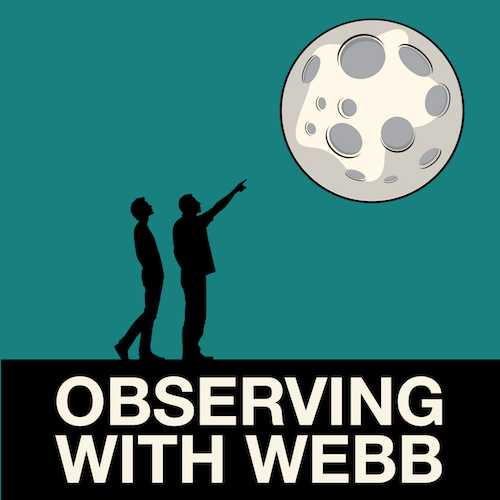
Quite the exciting month for planets…if you like getting up early. 4 of the 5 visible planets are hanging out together in the mornings, with Mercury having its best apparition for the year in the evenings, along with two conjunctions of morning planets and some possible meteors.

The science that dictates our planet is the exact same physics that affects our entire universe. Trying to understand everything around us is just as simple as taking into account all the forces and factors that interact to make everything we see.

Enjoy the increasing daylight and temperature as we witness a planetary dance in the mornings, while preparing for a fantastic close encounter between three planets and the Moon in the last week.
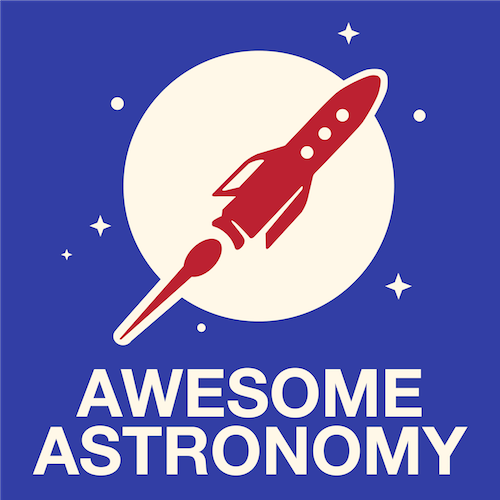
What to observe in February? Listen to @awesomeastropod #skyguide and news round up today at #365DaysOfAstro. The team will cover Venus sample return mission, big far away star with very big planet, another ocean moon in Saturn and many more.

Today’s news: cosmic eruption fall back all around its young star, and helping form new planets in its outer regions